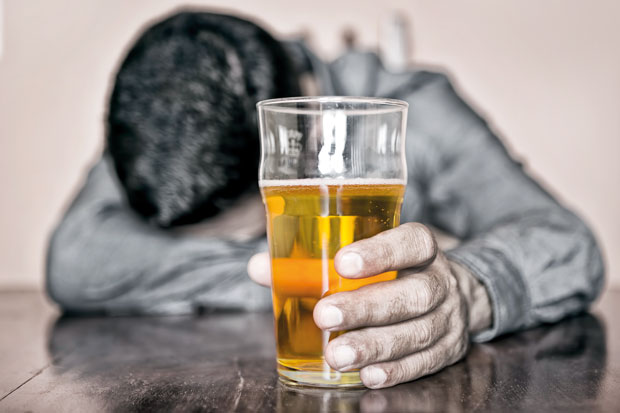A study by the United Nations Development Programme (UNDP) has revealed that Sri Lanka’s health and economic costs linked to alcohol consumption reached Rs. 237 billion in 2022, a figure that far exceeded the total excise tax revenue of Rs. 181.1 billion earned in the same year.
The Alcohol and Drug Information Centre (ADIC), citing the findings, warned that alcohol use does not contribute positively to the economy but instead creates a net loss, while also fueling health and social harm.
Rising Excise Taxes, Falling Legal Sales
The Government has continued to increase excise duties on alcohol products – by 20% in June 2023, 14% in January 2024, and 6% in January 2025 – resulting in excise revenue rising from Rs. 169.49 billion in 2022 to Rs. 223.25 billion in 2024.
But higher prices have also driven legal alcohol sales down. According to the Epidemiology Unit, 28% of Sri Lankans consume alcohol, with a strong preference for domestically brewed spirits. After the 2024 tax hike, legal alcohol consumption fell by 9.5% in just 10 months, pushing many consumers toward illicit brews.
A 2023 academic study confirmed the scale of the problem: by 2013, nearly 40% of alcohol consumed in Sri Lanka was illicit, and the trend appears to be increasing.
Excise Department’s Proposal for Low-Cost Liquor
In response, the Excise Department has proposed introducing a low-cost alcoholic beverage aimed at curbing illicit consumption and regaining lost revenue. On the surface, this seems practical: a cheaper, regulated product might steer drinkers away from dangerous bootleg liquor.
But public health experts warn that the move could backfire badly. Lowering the price barrier may encourage greater overall consumption, including among youth and previously low-level drinkers, worsening alcohol-related harm.
The Dangers of Illicit Alcohol
Illicit alcohol in Sri Lanka comes in various forms – bootlegged liquor, counterfeit spirits, and artificial toddy – all produced without regulation or safety checks. Many are contaminated with toxic substances like methanol, which can cause blindness, organ failure, or even death. Artificial toddy, often mixed with chemical additives, poses unpredictable risks.
While tackling this black market is urgent, experts stress that a “cheap legal alternative” does not address the deeper issue: Sri Lanka’s drinking culture, marked not by moderate drinking but by heavy episodic drinking, especially among men.
The Hidden Costs of Alcohol
Long-term alcohol use is tied to heart disease, liver damage, cancers, neurological disorders, and mental health issues. It also fuels domestic violence, road accidents, workplace absenteeism, and poverty.
ADIC notes that in many low-income households, up to 40% of monthly income is spent on alcohol and cigarettes, often at the expense of food, education, and healthcare.
“The burden of alcohol on Sri Lanka is not just economic,” ADIC emphasized. “It is seen in hospital wards filled with liver disease patients, in homes torn apart by violence, and in lost productivity across the workforce.”



